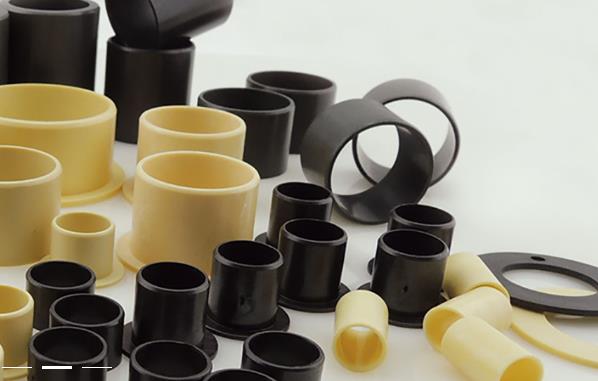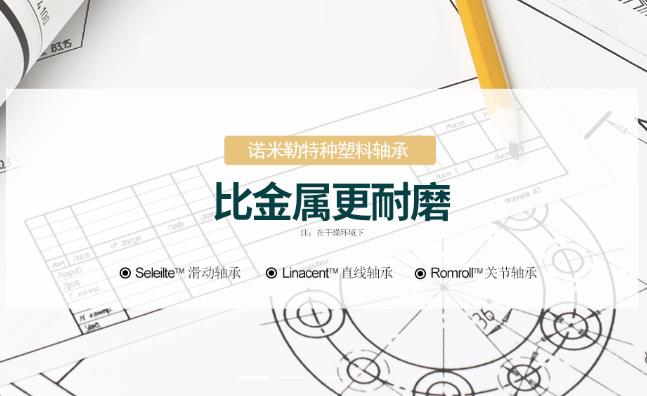Engineering plastic bearings and metal composite bearings are different. The bearings currently used are generally classified into rolling bearings and sliding bearings. The working principle of the rolling bearing and the sliding bearing can be distinguished by name. The conflict in bearing operation is a rollover conflict, and the occurrence of sliding bearing operation is a sliding conflict: the magnitude of the tumbling impact force depends on the precision of the production, and the resulting bearing. The friction of the plain bearing is mainly determined by the sliding surface of the bearing. Sliding bearings generally have a self-aliasing function. According to the data, sliding bearings are classified into non-metallic sliding bearings and metal sliding bearings.

Non-metallic sliding bearings are mainly based on plastic bearings. Plastic bearings are usually made of engineering plastics for better functionality. Manufacturers with comparative caps are usually able to smooth the engineering plastics themselves with fibers and special smoothing agents. Glass beads, etc., engineering plastics are self-sufficient and reinforced to achieve certain functions, and then injection molded plastic into self-sufficient plastic bearings.
Metal sliding bearings are currently commonly used as three-layer composite bearings. These bearings are usually made of carbon steel. After sintering, a layer of spherical copper powder is sintered on the steel sheet, and then the layer is sintered on the copper powder layer. PTFE softener 0.03 mm. The main function of the spherical copper powder center layer is to strengthen the bonding strength between the steel plate and PTFE. Of course, it also plays a certain bearing effect and smoothing effect during the operation.

Through the above introduction, I believe that it is not difficult to see the following differences between engineering plastic bearings and metal sliding bearings:
1. The plastic bearing is soft and has a long service life. The smooth sliding layer of the metal plain bearing is only 0.003 mm PTFE. When this thin layer is completely in conflict, it declares the end of its useful life;
2. the use of plastic bearings will not cause oxidation and corrosion, and metal bearings are easy to oxidize, can not be used for chemical liquids;
3. The quality of plastic bearings is lighter than metal, which is more suitable for modern lighting planning trends;
4. The production cost of plastic bearings is lower than that of metals; plastic bearings are manufactured by injection molding and are suitable for mass production;
5. The plastic bearing has no noise during operation and has a certain damping function;
Since plastic bearings have many advantages over metal sliding bearings, the output value of plastic bearings is increasing. The application of plastic bearings is also expanding. The cars on the road now do not use plastic bearings. The market prospect of plastic bearings is infinitely broad!